The CNC industry has seen tremendous growth and innovation over the years. As industries worldwide continue to demand higher precision, speed, and flexibility, CNC technology has risen to the challenge. By automating processes and enhancing production capabilities, CNC machines have become an essential part of modern manufacturing. But what exactly makes CNC technology so revolutionary?
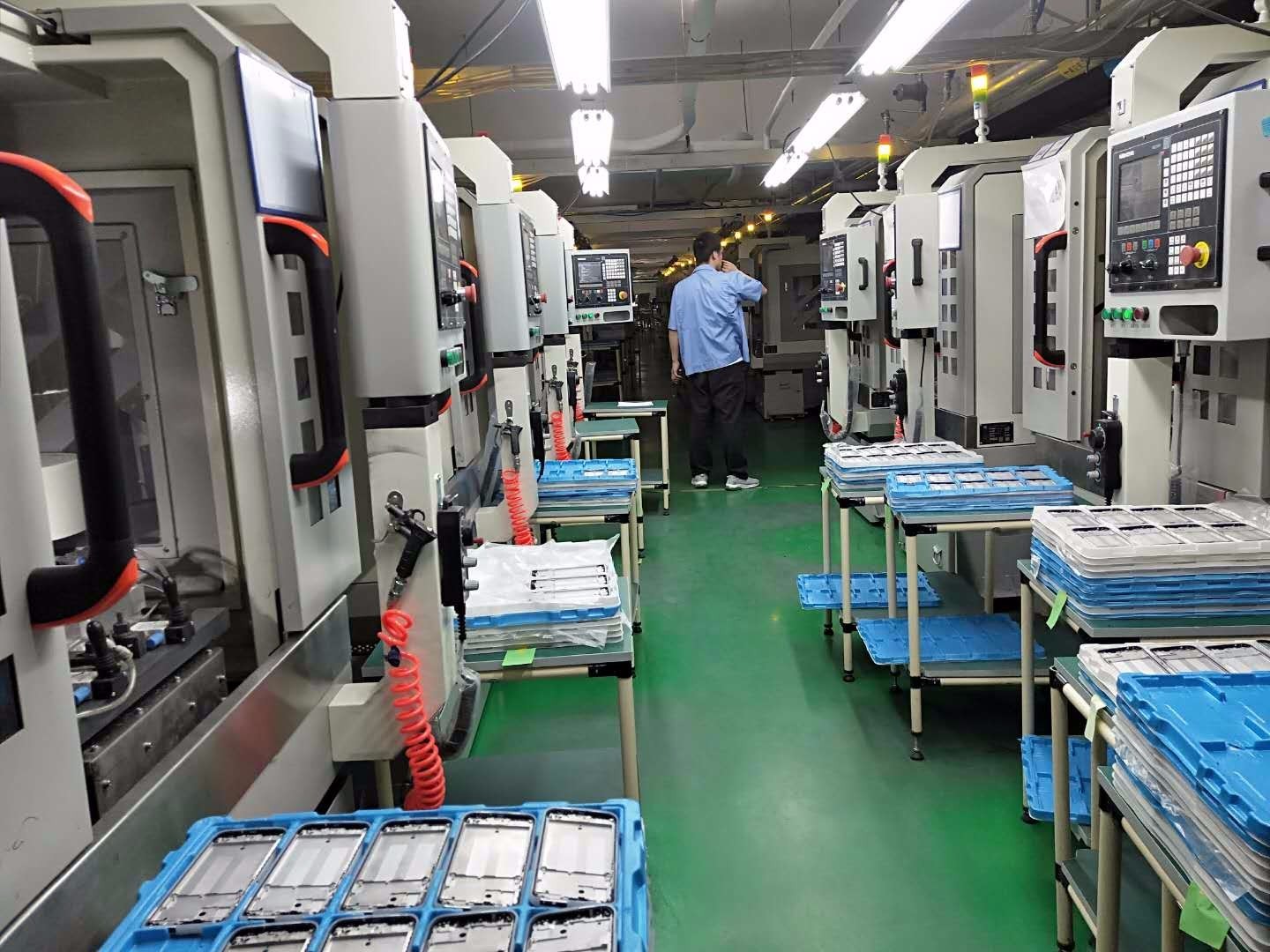
The Rise of CNC Technology
CNC machines have transformed the manufacturing landscape by replacing manual processes with automated systems that are far more efficient and precise. At its core, CNC technology uses computer programming to control the movement of machines, allowing for incredibly accurate and repeatable production. Whether it's milling, turning, drilling, or cutting, CNC machines can perform these operations with minimal human intervention, which significantly reduces errors and enhances productivity.
In the early days of manufacturing, processes were often limited by human skill and the machinery available. Manual machines required constant supervision and maintenance. As demand for high-quality products grew, the need for precision and speed became more pressing, leading to the development of CNC machines. These machines now represent the cutting edge of manufacturing.
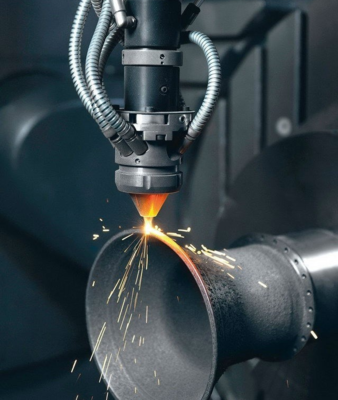
Precision and Accuracy: The Heart of CNC Machines
One of the key reasons CNC technology has become so critical is its ability to deliver high levels of precision. Traditional machining techniques often relied on the operator's experience and skill to produce accurate results, which introduced room for errors. With CNC machines, this variability is eliminated.
The computer-controlled systems in CNC machines ensure that every cut, turn, or drill is executed to the exact specifications needed. This level of accuracy is particularly important in industries like aerospace, automotive, and medical device manufacturing, where even the smallest deviation can have significant consequences. CNC machines also allow manufacturers to create highly complex and intricate designs that would be nearly impossible with manual methods.
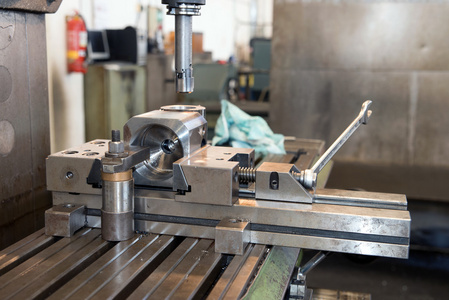
Speed and Efficiency in Production
CNC technology has also revolutionized production speed and efficiency. With the ability to run continuously, CNC machines can produce parts much faster than manual methods, reducing lead times and improving overall productivity. The automation of repetitive tasks means fewer workers are needed for the same level of output, allowing businesses to allocate their resources more effectively.
Moreover, CNC systems can often operate 24/7, with minimal human intervention, making them ideal for industries where high-volume, round-the-clock production is required. This ability to work around the clock without sacrificing quality or precision is one of the reasons why CNC machines are indispensable in modern manufacturing.
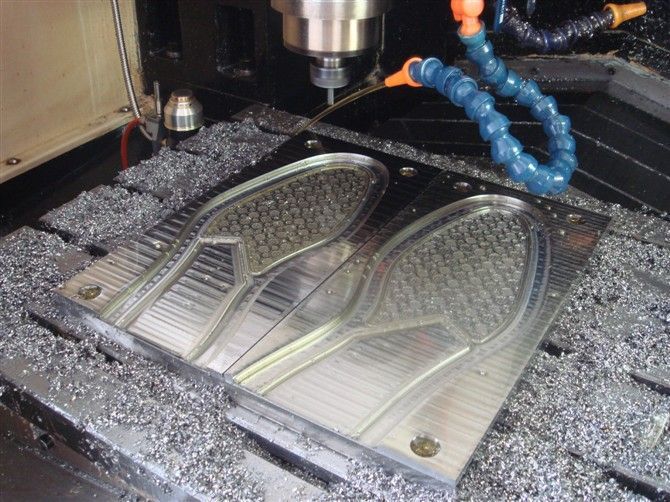
Flexibility and Customization
Another advantage of CNC technology is its versatility. CNC machines can easily be reprogrammed to produce different parts or perform a variety of operations. This adaptability makes CNC systems ideal for industries where customization and flexibility are important. Companies can quickly switch between production runs of different products without significant downtime or loss of efficiency.
With advancements in CNC technology, manufacturers can even incorporate new materials and designs into their production processes, giving them a competitive edge in innovation and market responsiveness.
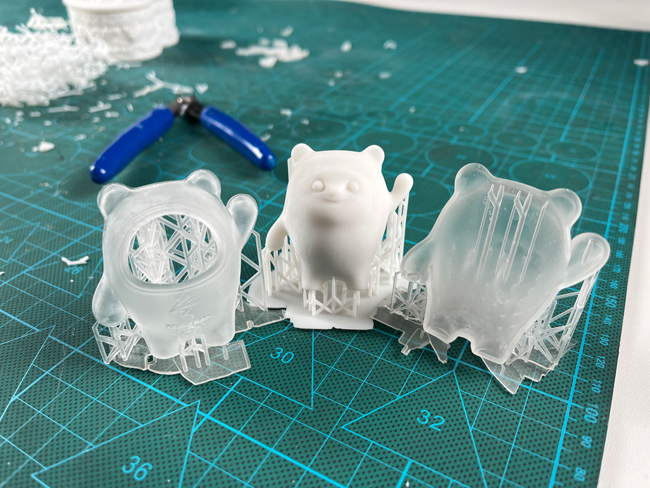
The Future of CNC: Advancements on the Horizon
The future of CNC technology holds exciting potential. As technology continues to advance, we can expect to see more intelligent and connected CNC machines. The integration of the Internet of Things (IoT) into CNC systems will allow manufacturers to gather real-time data, monitor machine performance, and predict maintenance needs, further optimizing operations and minimizing downtime.
Additionally, the rise of additive manufacturing (3D printing) is being integrated into CNC systems, offering even more possibilities for customization and design complexity. These hybrid systems could combine the strengths of both subtractive and additive processes, pushing the boundaries of what’s possible in manufacturing.